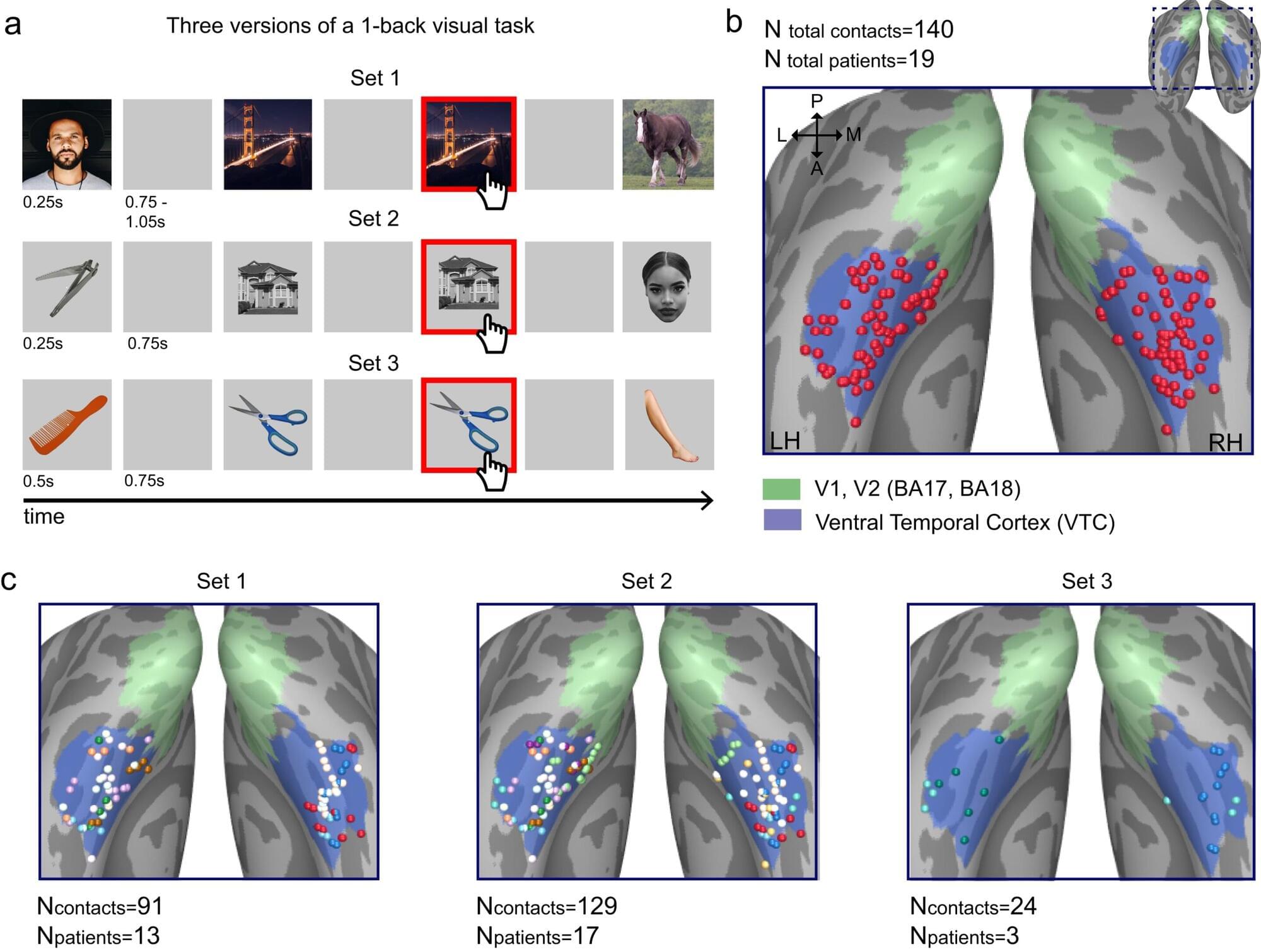Many of the environments where human-facing universal robots can provide benefits — homes, hospitals, schools — are sensitive and personal. A tutoring robot helping your kids with math should have a track record of safe and productive sessions. An elder-care assistant needs a verifiable history of respectful, competent service. A delivery robot approaching your front door should be as predictable and trustworthy as your favorite mail carrier. Without trust, adoption will never take place, or quickly stall.
Trust is built gradually and also reflects common understanding. We design our systems to be explainable: multiple AI modules talk to each other in plain language, and we log their thinking so humans can audit decisions. If a robot makes a mistake — drops the tomato instead of placing it on the counter — you should be able to ask why and get an answer you can understand.
Over time, as more robots connect and share skills, trust will depend on the network too. We learn from peers, and machines will learn from us and from other machines. That’s powerful but just like parents are concerned about what their kids learn on the web, we need good ways to audit and align skill exchange for robots… Governance for human–machine societies isn’t optional; it’s fundamental infrastructure.









